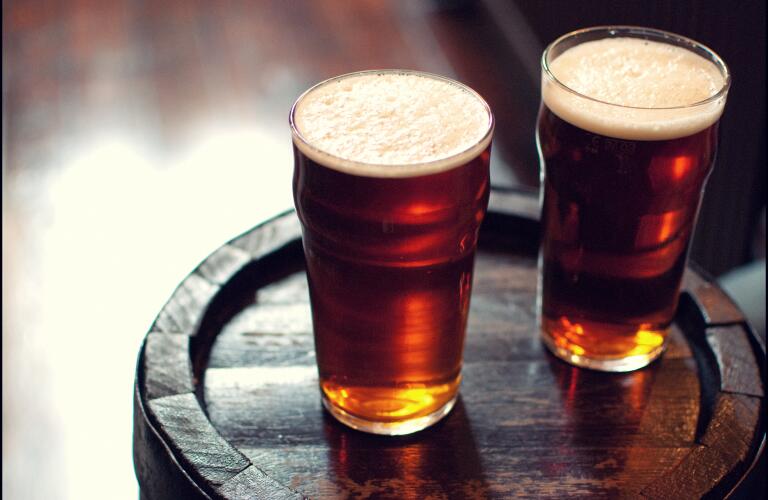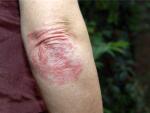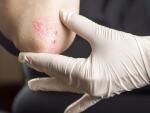
For years, research has suggested a complicated relationship between alcohol and psoriasis, a common, usually life long skin condition that causes itchy, red, scaly patches of skin and, for some people, changes to the nails and joints.
Some research shows alcohol may be play a role in psoriasis flare-ups, but it’s unclear whether drinking alcohol can cause you to develop psoriasis. So, if you have psoriasis, do a few beers after work really matter?
Even though the connection between alcohol and psoriasis isn’t clear cut, it’s still a good idea to talk with your doctor about your alcohol consumption and whether you should avoid drinking. Even if your doctor determines alcohol isn’t a trigger, it may be possible for it to interact with the medications your doctor recommends for treating your psoriasis. If you’re concerned about your consumption of alcohol and how it affects your psoriasis, talk with your doctor about whether you should avoid drinking.
Does alcohol trigger psoriasis?
Even though the exact causes of psoriasis aren’t known, many studies have identified certain triggers — including alcohol — which can lead to flare-ups in some people. However, it’s unclear how much alcohol it takes to cause a flare-up. It’s thought that, the more you drink, the more likely you are to have a psoriasis flare-up.
When you drink alcohol, it’s quickly absorbed by your stomach and small intestine. From there, the alcohol moves into your bloodstream, where it’s distributed throughout your body. Your body gets rid of alcohol in your bloodstream in several ways, including by expelling it through your skin. During this process, your skin suffers damage that can, over time, lead to psoriasis.
People who use alcohol more heavily may be more at risk for developing psoriasis, or for having their symptoms get worse. Some research has also suggested that men who drink and who also have family members with psoriasis are more likely to develop psoriasis themselves.
Does alcohol affect treatment?
Some studies have suggested alcohol can interfere with certain medications used to treat psoriasis. Alcohol may change the way your body processes these medications, making them less effective in managing your symptoms.
Unfortunately, mixing alcohol and psoriasis medications may also cause lasting harm to your body. One of the most popular medications for psoriasis, methotrexate, has been shown in some studies to be harmful to the liver if taken in large doses over long periods of time. Drinking while taking methotrexate can dramatically increase your risk for liver damage. However, it’s impossible to predict just how much alcohol could lead to long-term damage.
Do people with psoriasis drink more?
Living with psoriasis, especially if you have a more severe case, can have a profoundly negative psychological and emotional toll. You may be embarrassed by the way your skin looks to others, which can prevent you from interacting with other people and participating in activities that enrich your life. Unfortunately, as many as 50% of people with psoriasis are diagnosed with depression as a result of their condition.
Many people, including those without psoriasis, turn to alcohol as a way to manage unpleasant emotional or psychological feelings. According to some research, people with psoriasis are more at risk for developing unhealthy drinking patterns compared to those without the skin condition. Also, some studies show men with psoriasis are more likely than women to struggle with alcohol dependency.
If you’re concerned about your alcohol consumption and want help reducing or stopping your drinking, talk with your doctor. He or she can help you plan a safe way to stop drinking, as well as connect you with support groups in your area.
Because the connection between psoriasis and alcohol isn’t clear, it’s best to avoid drinking, even if you believe it’s not a factor in your flare-ups. An honest, open conversation with your doctor can help you determine whether alcohol may be a trigger for your condition, and whether or not it may interfere with any medications you may be taking as part of your treatment. Your doctor can also give you advice on cutting back or quitting drinking entirely, which has many health benefits beyond managing your psoriasis.






























